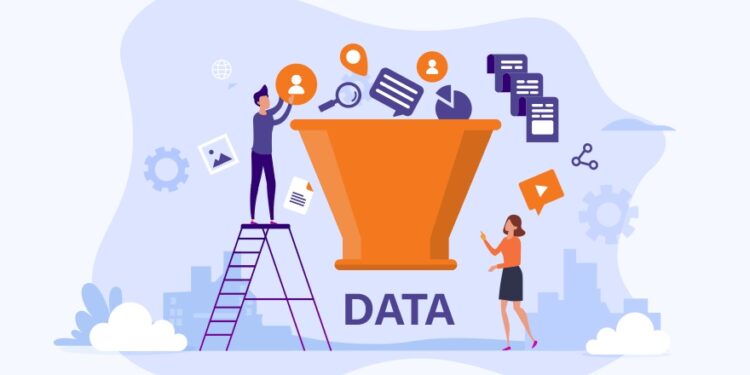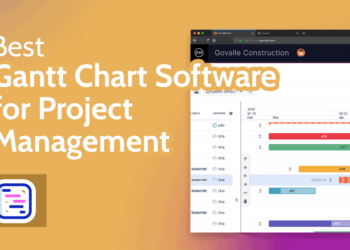Web scraping is a great tool that allows businesses and individuals to gather public data quickly. The information collected can be used to help make essential decisions, monitor trends in the market and much more. However, to really benefit from web harvesting, these tools need to be paired with a residential proxy. But why do these tools work well together, and how does it work?
This article will examine why residential proxies are crucial to use alongside your web scraper. We’ll also explore how using location-specific proxies, like a France proxy, for your data collecting efforts leads to higher quality data and the possibility of collecting geo-restricted information.
The topics related to proxies for web scraping that we’ll cover will include:
- What is web scraping?
- What is a residential proxy?
- How to use residential proxies for web scraping?
What Is Web Scraping?
Web harvesting or harvesting is a process where the user automatically collects vast amounts of public data across many different websites and online sources and compiles the information into a single format. Once the information has been collected, it will usually be in a format such as a spreadsheet or similar. From here, the information can be evaluated, checked and analyzed. The insights received from this information are great for many market research efforts.
Web scraping can be used to collect the following information that’s useful to businesses:
- Competitors pricing
- Competitors product listings
- Product descriptions
- Competitors’ promotions and offers
- Investment opportunities
- News pieces related to your industry
- Market trends
- Reviews about your business, brand or products
What Is A Residential Proxy?
Residential proxies act as the middleman between the user and the internet. By using a proxy, you reroute all of your requests through the proxy first, meaning that the websites and search engines you use never see your personal information or IP address. There are three main types of proxies, residential, datacenter and public. Each of these has its own advantages and drawbacks, and they can also be further subdivided into more specialized proxies. An example would be a France proxy. A France proxy is a location-specific residential proxy that can be used to gain access to French data even if it’s restricted. There are also proxies for many other countries such as Germany, China, Russia and more. There are also proxies with other specialized uses such as social media proxies, gaming proxies, SERP proxies and more.
Despite the many options available, when it comes to web harvesting, residential proxies are the best to use. That’s because they are linked to real devices, which makes them look like legitimate users when paired with web scraping tools. This means that, unlike datacenter proxies and VPNs, they won’t get banned while collecting information. These networks are also at least 2,000% larger than datacenter proxy networks, which makes them have a global reach for penetrating the truly global data market that’s valued at upwards of $36 billion.
How To Use Residential Proxies For Web Scraping?
Residential proxies and web harvesting go hand-in-hand and only work to improve the data that you collect. Collected data can be used to improve your business offering leading to more sales, or it can be part of a business where you collect and sell data. Profits from web scraping operations increase by 300% due to higher quality data and faster data acquisition. So, where do you start?
First, you’ll need to decide on a web scraping tool to use. You can build your own scraper if you have coding experience or go for one of the already built tools. There are many scraping tools that you can choose from, but a few reliable ones include OctoParse, Parsehub and Smart Scraper.
Next, you’ll also need a residential proxy. There are many best proxies lists available to help you choose the right one for your needs. Keep in mind all the different uses of a proxy as well as the type of data you want to collect. For example, will you only be focussing on local data? Or do you need to be able to bypass geo-restrictions by using a location-specific proxy?
After you’ve got both of these tools ready, you can just configure your web scraper to use the proxy when collecting data. This is usually a simple and straightforward process found with the settings of your web harvesting tool. You can also add your proxy to your network to add extra protection and anonymity to your entire network and all the devices connected to it.
Final Thoughts
Whether you want to collect data to improve your current business offerings or as an asset to sell for an income, residential proxies are a must. Using these proxies alongside your web scraping tool gives you access to more data, even if it’s geo-restricted and won’t get banned. This means you’ll be able to collect more accurate data for your use.




